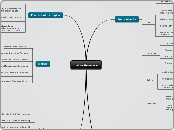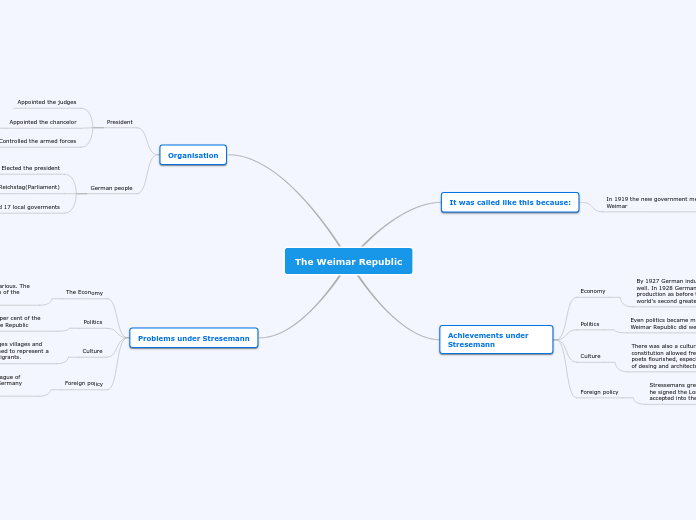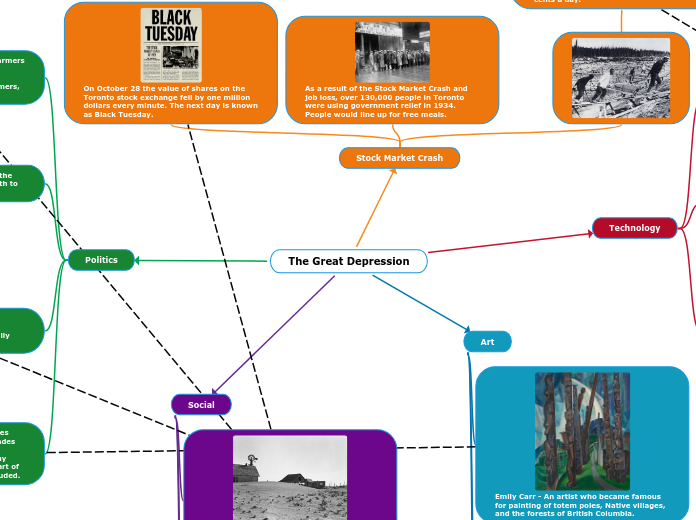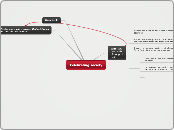by Carlos Cuellar 12 years ago
374
Asian World
The Tang Dynasty, existing from 618 to 907, implemented reforms to stabilize the economy by redistributing land from large estate owners to peasants. It expanded China's territory to Tibet, establishing itself as a dominant power in East Asia until its decline in the eighth century when it was overthrown by the Uighurs.









